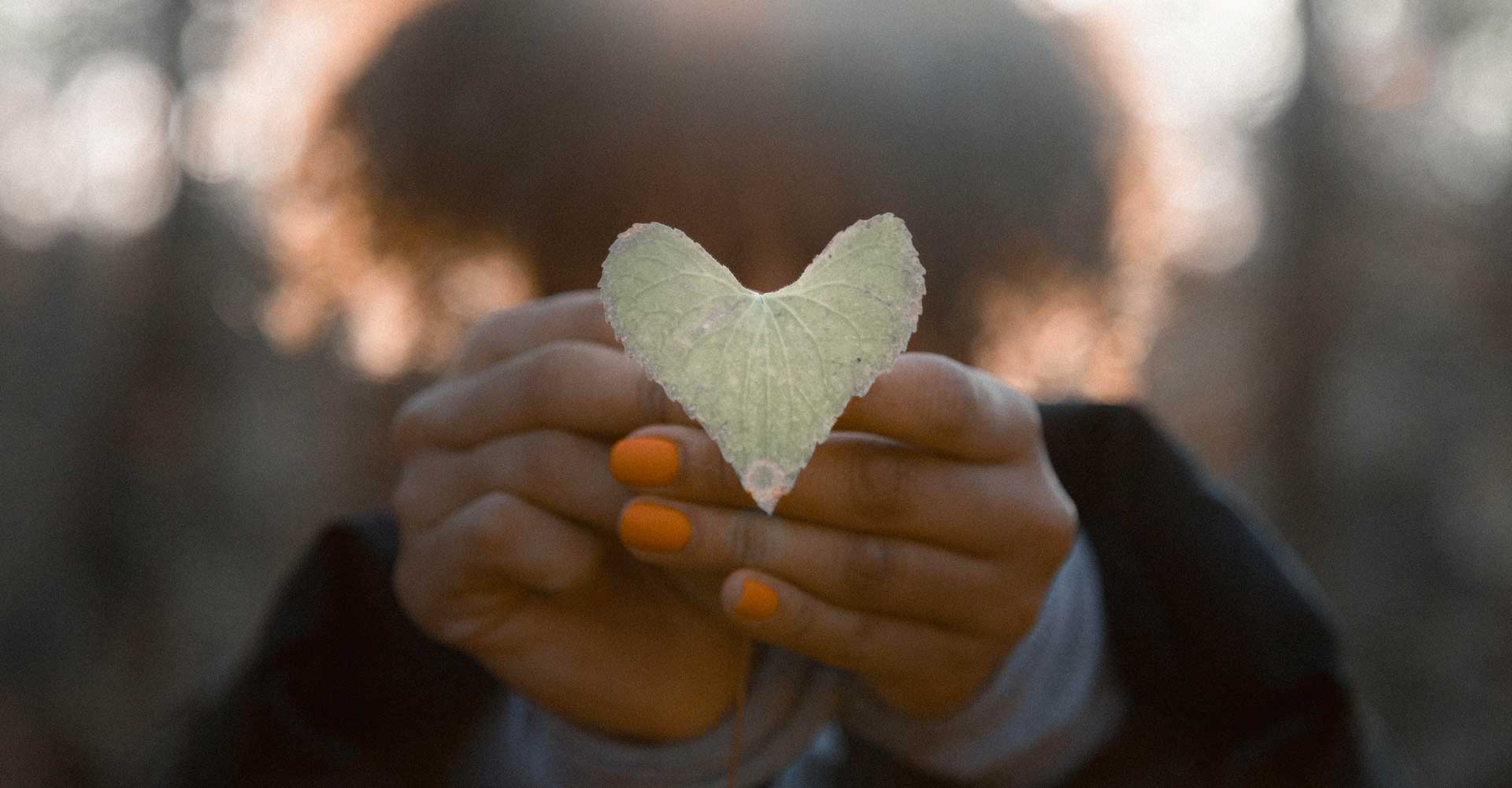Note: Pour l’instant, cet article n’est disponible qu’en anglais.
How long does it take to fully trust someone? In the Coaching work that I do, it takes minutes. There is in that sacred space between two nervous systems a respect that knows no judgment, that is bound by confidentiality and that sees and hears the other fully in all their glory and human messiness.
The etymology of trust from Old Norse Trysta means to rely on, make strong and safe. Safe. Indeed. Safety being one of our basic human needs. We learn about trust in infancy, first and foremost through our parents’ ability to make us feel safe and secure as they tended to our needs through our cries that we could not express in words.
Later in life we continue to learn about trust as we cumulate experiences. Much like love, we learn about it through pain and ecstasy. Trust is a small word filled with many emotions. Of all the definitions I came across, the one that resonates the most with me is from Charles Feltman. He says “trust is choosing to make something important to me vulnerable to the actions of someone else.” When we trust, we are BRAVING a connection with someone. And braving is an action related to courage which from its latin root “coeur” refers to the heart. Trust is an affair of the heart after all. How timely on this Valentine’s day!
Brené Brown drives this home when she says that “trust isn’t built in grand gestures, but in the small moments that people treat what is important to me with care.” Care. When someone entrusts you with their care, their vulnerability, you have a responsibility to respect that bond. Trust can be granted in minutes and destroyed in seconds. It is that fragile.
Trust is a value we learn. It is a teachable competence, not something granted from the heavens above. We learn how to trust ourselves, our instincts, our silent voice, our bodies, our nervous system. We learn to set boundaries about who we will be vulnerable with, for not everyone is deserving of our trust. We learn not to invest energy in those who are all talk and no action and to trust those who honor their promises, those who are reliable. We learn to accept sincere amends and apologies from those who couldn’t fulfill their promises or stepped out of line and realized this. This is about accountability. We learn to trust when we move away from blame, for we have a responsibility in this. We learn, sometimes the hard way, about those with whom we can and cannot share our deepest secrets. Gossip is a killer of trust and friendships. We learn to choose courage over comfort when we step into our values, to choose what is right over what is easy – this is where self-trust, self-love takes on a whole new meaning. We learn to listen for things underneath hurtful words by assuming that the other’s intentions were noble although clumsy. To build trust in this case requires a two-sided vulnerability and desire for each party involved to own their sh*t.
Trust invites us to take an honest look at how we want to be treated and want to treat others. Much like love does. So let me ask you then, how do you want to be treated in love and trust? How do you want to treat others in love and trust? The more I know myself and am willing to stand in my authenticity, the more I will brave connection with others as depth and integrity are two qualities I value most in my relationships.

